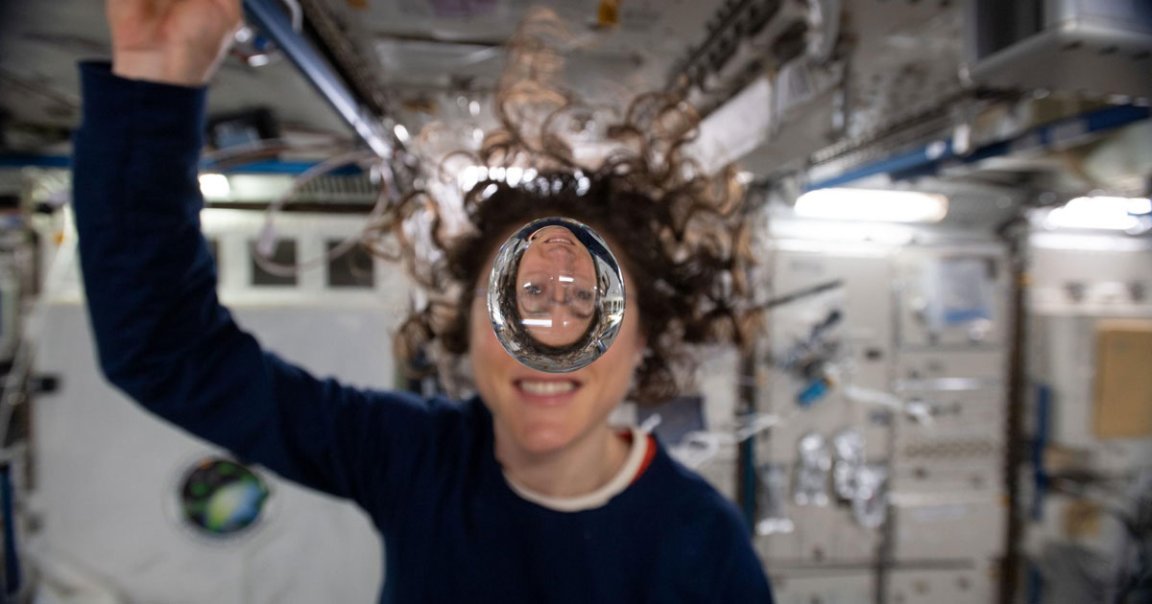
Wet Work
NASA has proudly announced that astronauts on board the International Space Station are drinking water that’s a whopping 98 percent recovered urine, breath, and sweat.
While that may sound like a nauseating reality for the individuals trapped inside the tight confines of a metal tube hurtling around the Earth at 17,500 mph, it’s unquestionably an impressive technical feat — and one that sets a new milestone in our efforts to spend prolonged periods in outer space.
Every Last Drop
Behind the startling figure is the space station’s Environmental Control and Life Support System (ECLSS), which can turn collected wastewater — as well as breath and sweat — into potable water.
The system’s Urine Processor Assembly (UPA), as its name suggests, can even recover drinkable water from the crew’s urine.
By reclaiming water from the “urine brine” using a subsystem called the Brine Processor Assembly, the unappetizing-sounding distillate product of the UPA, scientists were able to bring overall efficiency from 94 percent to 98 percent.
“This is a very important step forward in the evolution of life support systems,” said Christopher Brown, a life support systems expert at NASA’s Johnson Space Center, in a statement. “Let’s say you collect 100 pounds of water on the station. You lose two pounds of that and the other 98% just keeps going around and around.”
“Keeping that running is a pretty awesome achievement,” he added.
Urine For a Treat
Fortunately, crews send the end product through several filters before they indulge in a cold glass — or pouch — of water. That’s crucial, as each crew member needs roughly a gallon of water a day, NASA says.
If it sounds gross, get over it. In fact, the team has argued that the resulting water is even “cleaner than what we drink here on Earth,” said Jill Williamson, the station’s water subsystems manager, in the statement.
According to Williamson, this kind of technology will be key for future missions into deep space.
“The less water and oxygen we have to ship up, the more science that can be added to the launch vehicle,” she said. “Reliable, robust regenerative systems mean the crew doesn’t have to worry about it and can focus on the true intent of their mission.”
More on the ISS: Lawsuit Accuses Boeing of Endangering Astronauts’ Safety